You arrived in Budapest a few days ago for the Pro Israel Conference and are travelling home to Israel in the evening. How did you experience the outbreak of the war?
- I think that all Israelis awoke to the sound of sirens that Saturday morning. In total, more than 6,000 missiles were fired on Israel from the Gaza strip that day. Hamas terrorists used this attack in order to divert attention from the more serious part of their operation. They had breached the border wall between Israel and the Gaza Strip, at multiple points and managed to de facto occupy 22 Israeli communities. Then they actually went from house to house, entered apartments looking for people, civilians, and they killed everybody that they could find. We still don't know the total number of dead as the count continues to this day. We can't even enter some of the houses because the terrorists planted explosives to kill anyone trying to help the people inside. There are many photos and videos of the massacres, which are reminiscent of the Holocaust. Entire families, from babies to the elderly, everyone was murdered. A pregnant woman was stabbed in the abdomen, and you can see in the photos that her unborn child was still inside her. Horrific. It took us about three or four hours to understand what was happening, the army was mobilized immediately. At first I decided against coming to Budapest, but I changed my mind because I saw that it was even more important to attend the conference and tell what had happened.
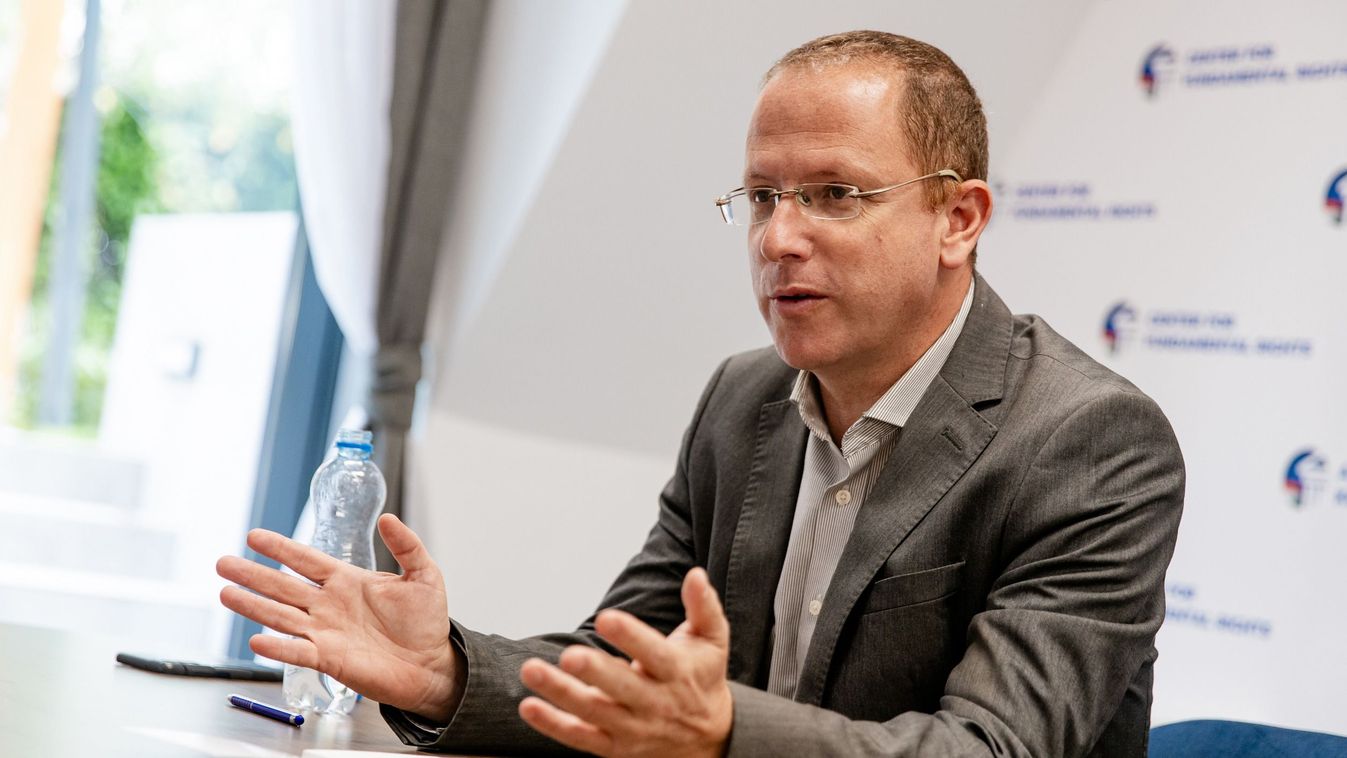
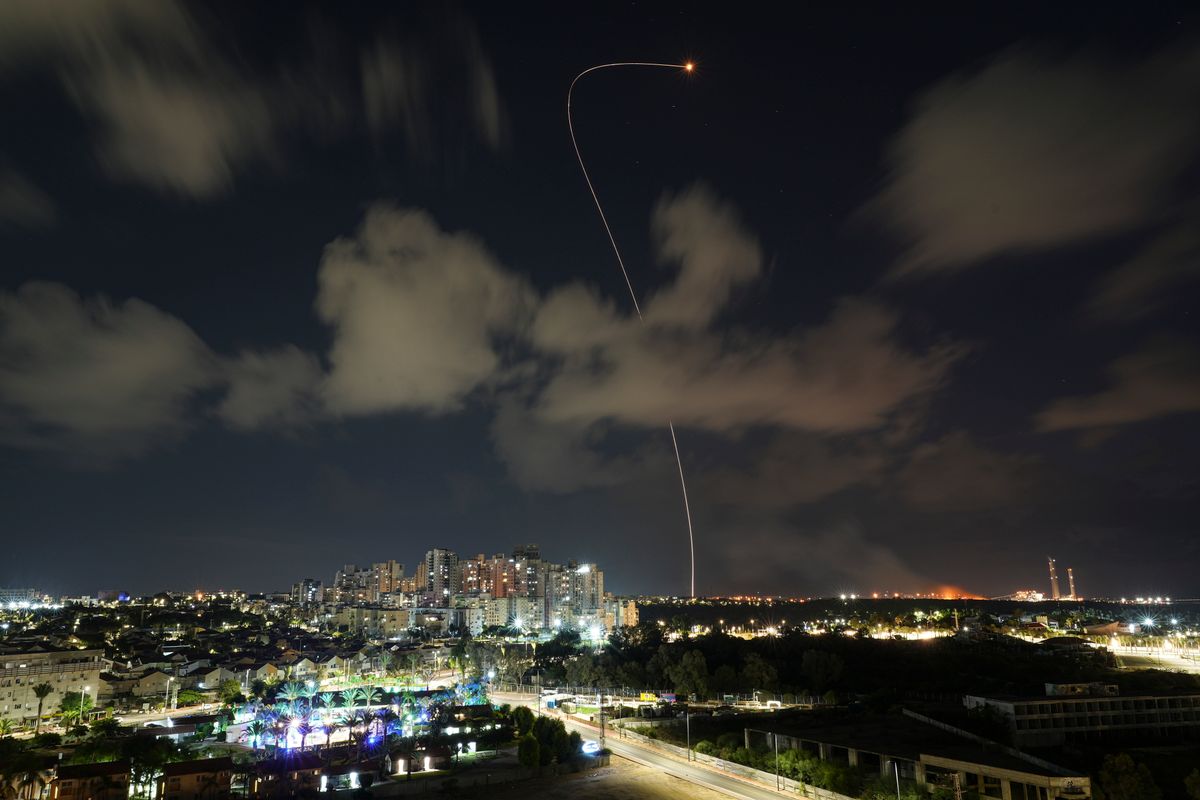
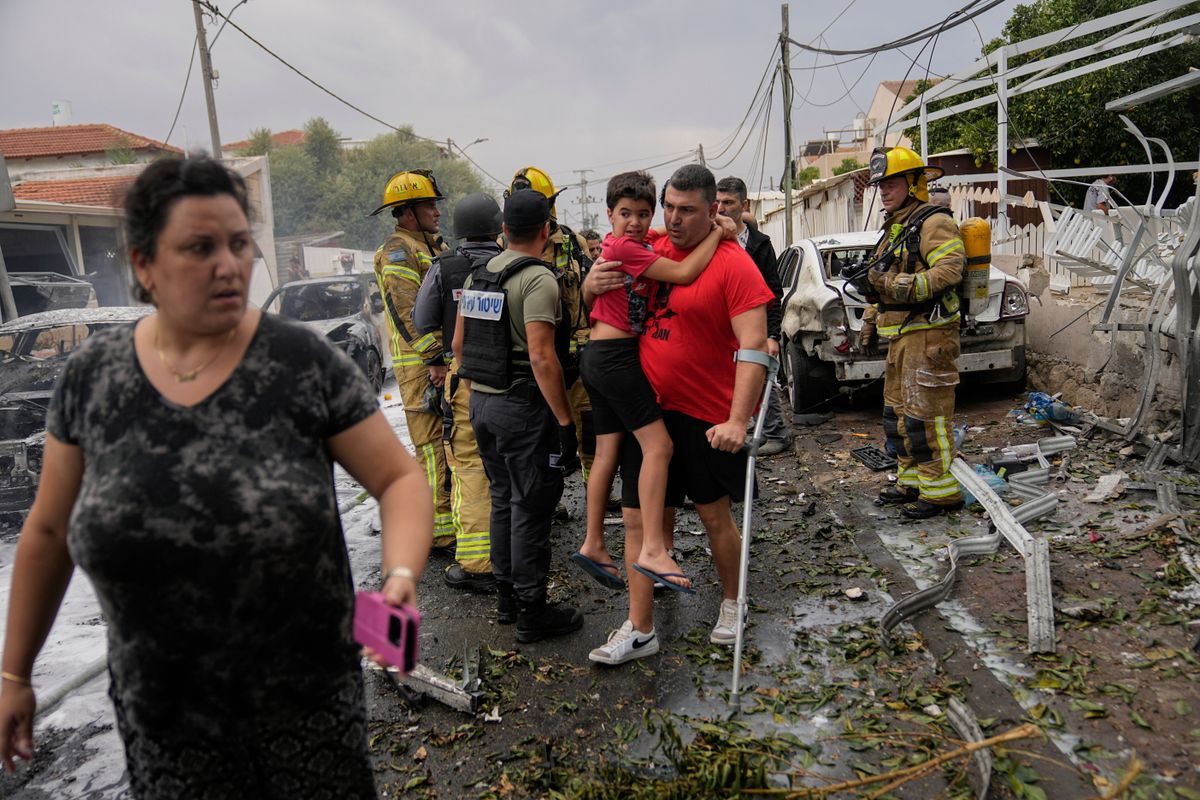
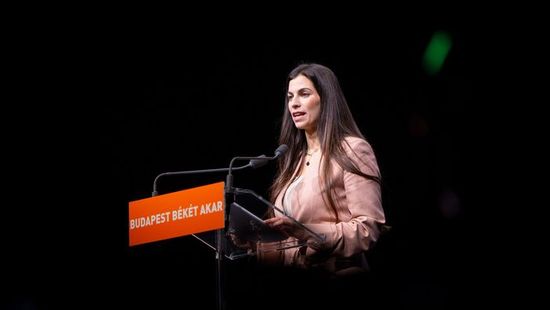
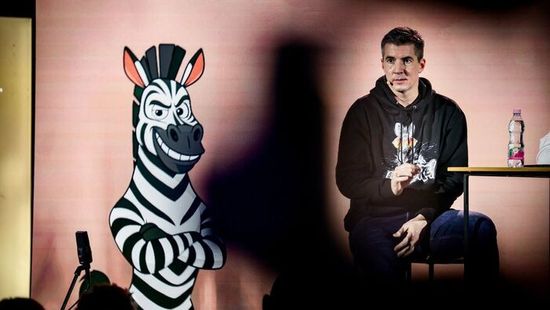
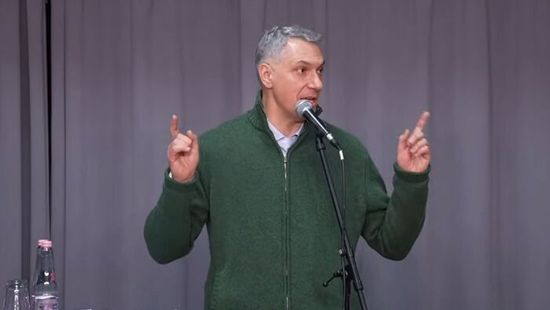
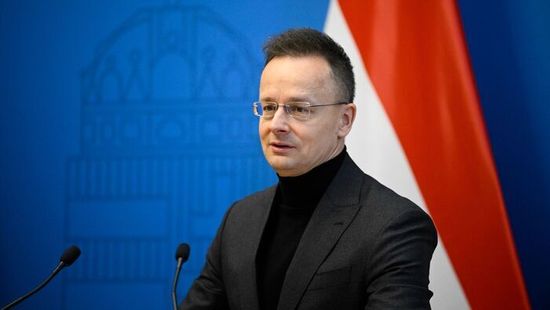


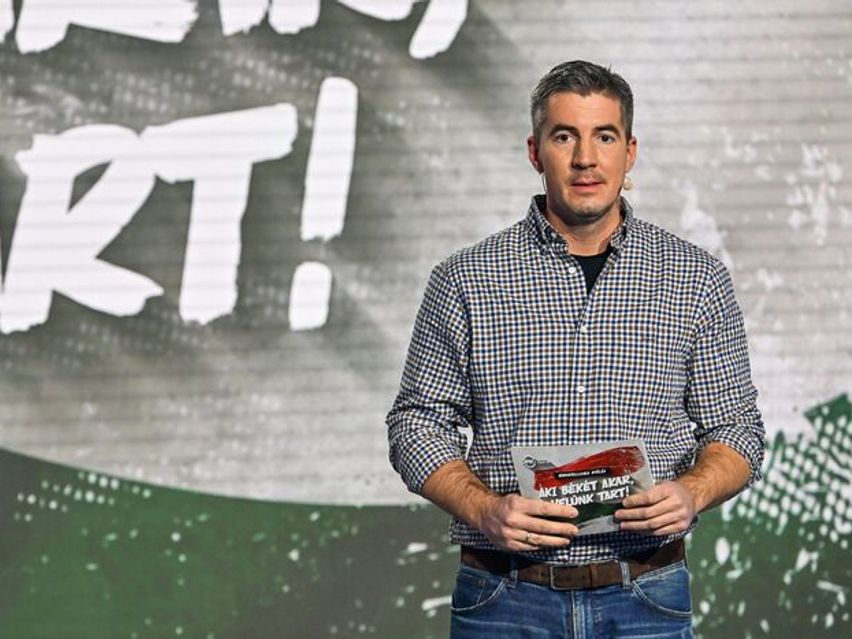
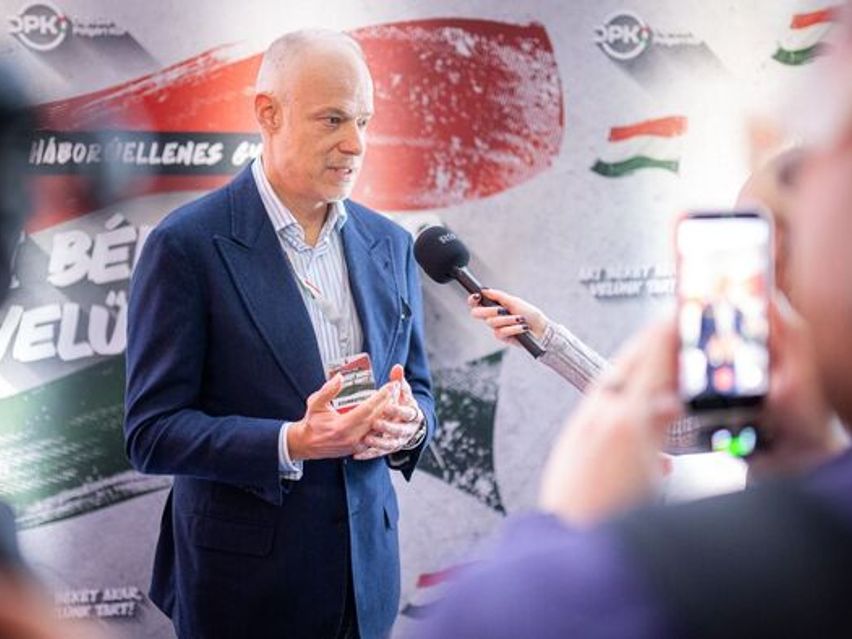



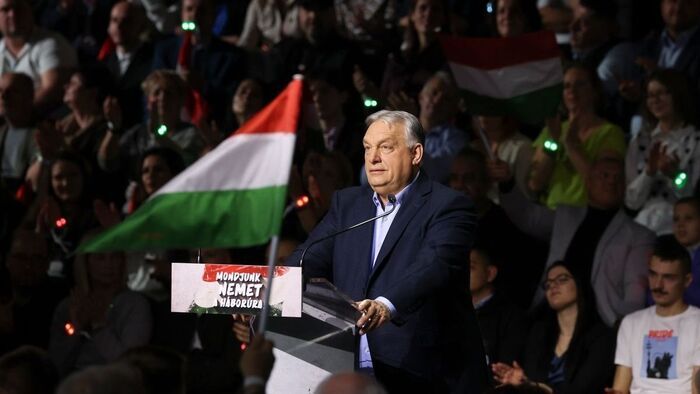
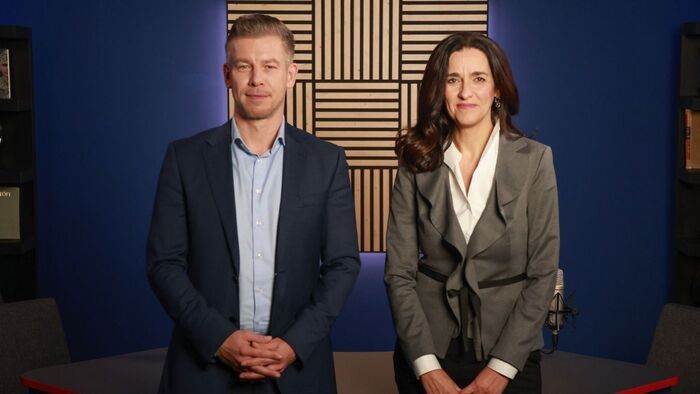

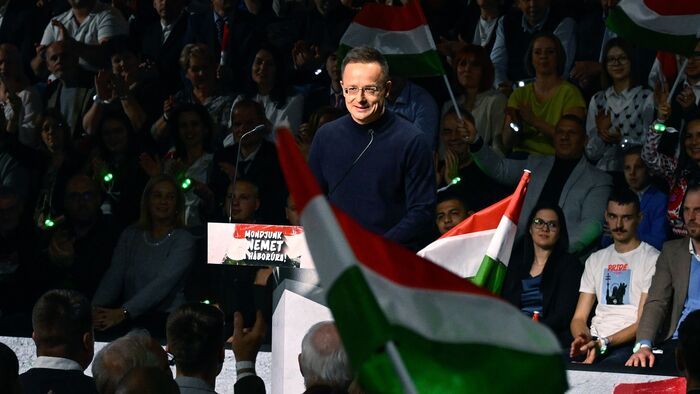
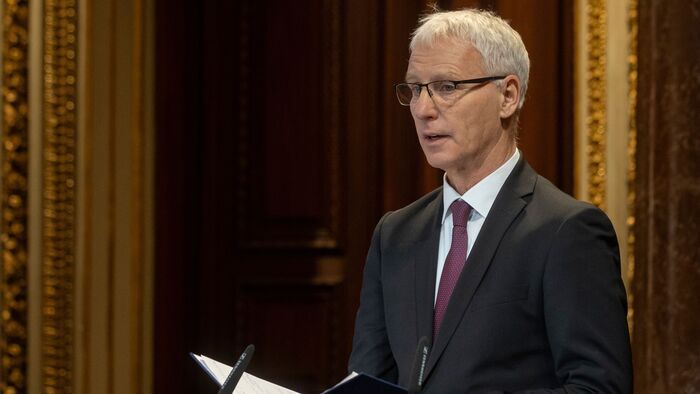
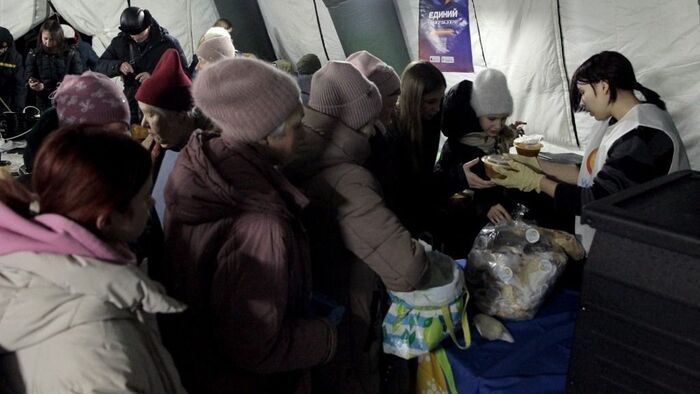





Szóljon hozzá!
Jelenleg csak a hozzászólások egy kis részét látja. Hozzászóláshoz és a további kommentek megtekintéséhez lépjen be, vagy regisztráljon!